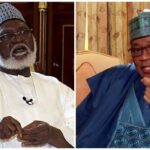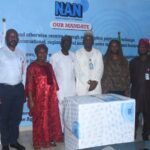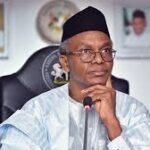Implementation of FOI Act key to tackling corruption—Minister
By Naomi Sharang The Attorney-General of the Federation (AGF), Mr Lateef Fagbemi (SAN), has said that the implementation of the Freedom of Information (FoI) Act will help tackle corruption in the country. He said this at an event in Abuja, on Monday, organised by the Centre for Transparency Advocacy (CTA)Continue Reading





















